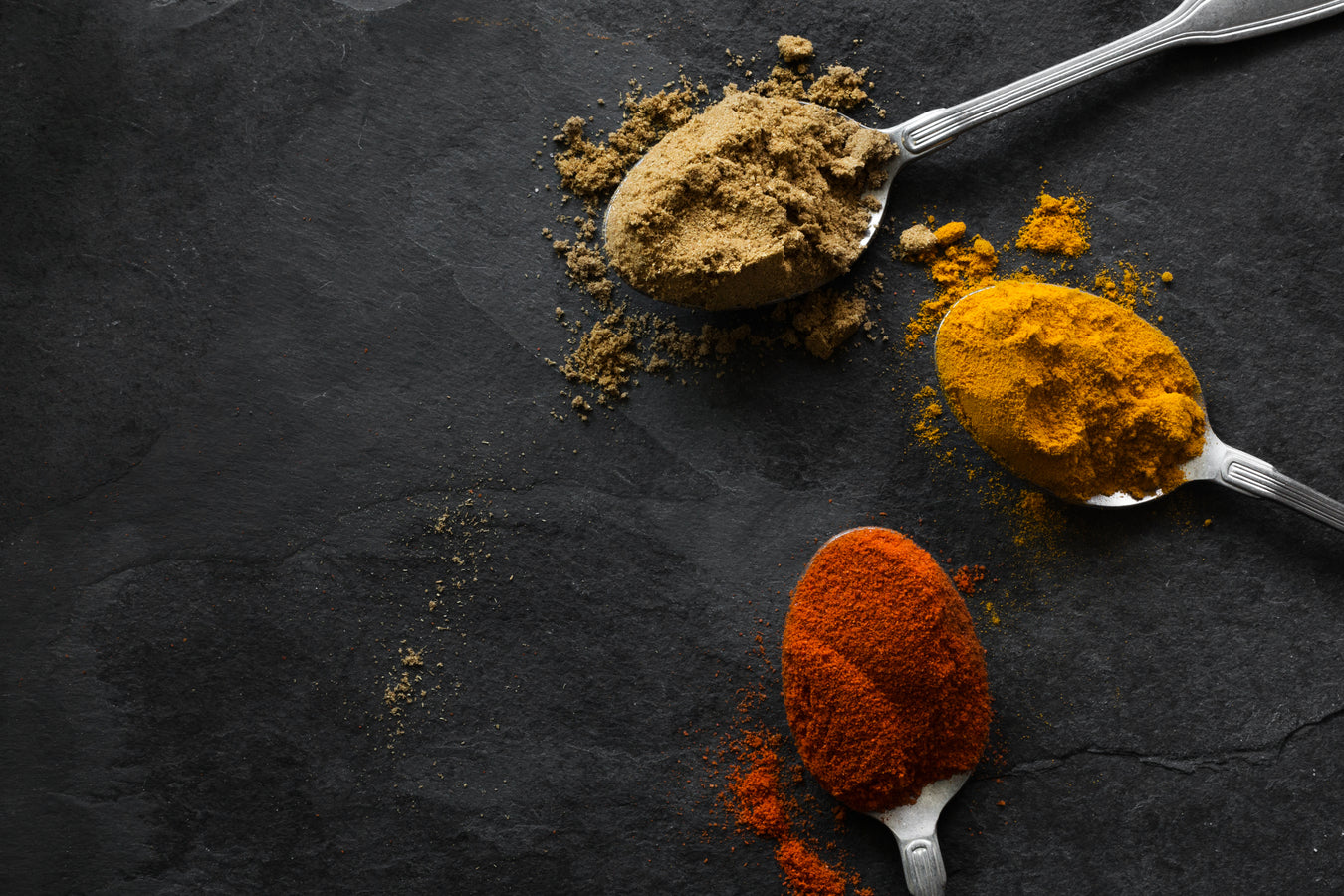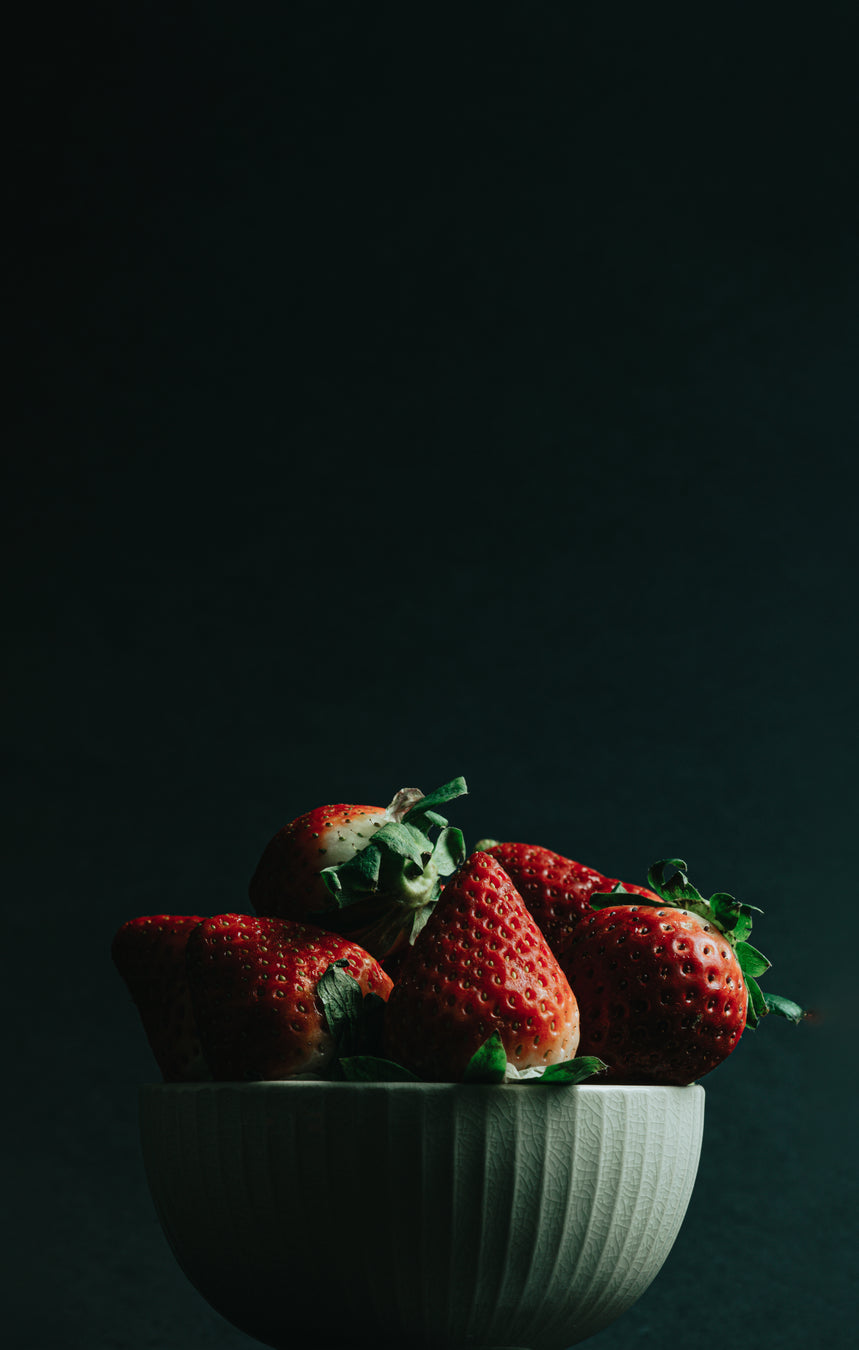
Healthier by Nature: No Preservatives Needed
Another big advantage of frozen foods is that they don’t require chemical preservatives. Freezing is a natural preservative. By simply lowering the temperature, you inhibit the growth of bacteria and mold, which means there’s no need to add artificial additives. As a result, frozen foods can often be a purer, more natural option compared to some “fresh” foods that have been treated to extend their shelf life.




